The three-year award will support Dr. Christensen’s postdoctoral research in Adam Kepecs’ lab on the neural computations underlying uncertainty in decision-making.
Amy Christensen receives Helen Hay Whitney Fellowship
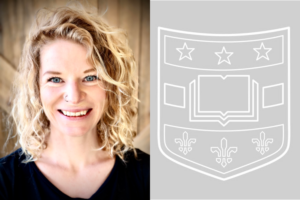

The three-year award will support Dr. Christensen’s postdoctoral research in Adam Kepecs’ lab on the neural computations underlying uncertainty in decision-making.
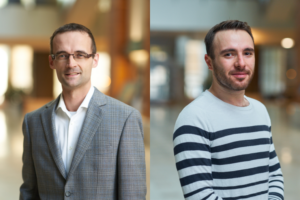
Assistant Professor Tom Franken will explore how the brain distinguishes objects from shadows, and Alessandro Livi, a postdoctoral researcher, will map the brain networks underlying economic decision-making.
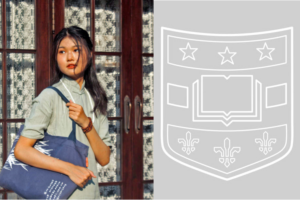
Zhang, who completed her undergraduate thesis in Dr. Harrison Gabel’s lab, is a co-recipient of this award honoring outstanding contributions to research.

Professor Tim Holy and colleagues produced Julia 1.9, which eliminates slow startup times and lowers the barriers to even wider adoption of this popular tool.
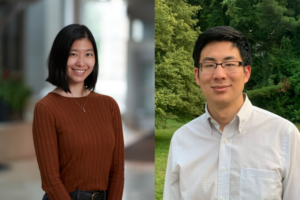
The two rare genetic diseases, which have striking phenotypic similarities, lead to similar downstream consequences on gene activity in neurons of mouse models.
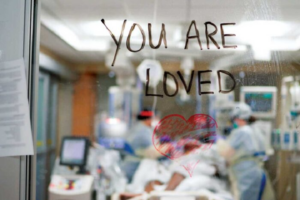
Kari Allen, Amy Bauernfeind, Krikor Dikranian, Ahmad Jezzini, Ashley Morhardt, and Kristen Prufrock are honored for their innovations in medical education during the COVID-19 pandemic.
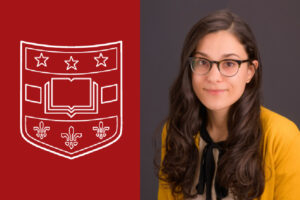
As part of a collaborative team, Prufrock will produce models of how developing teeth influence facial bone growth in multiple primate species.
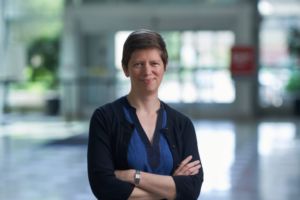
The Bagnall Lab is creating a map of connections along the length of neurons in the spinal cord to understand their function in movement.
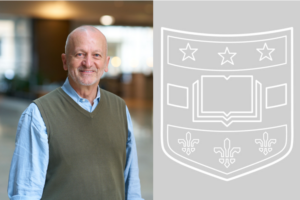
Taghert’s group aims to determine how circadian pacemaker cells in the brain control behavior and physiology that peak at different times.
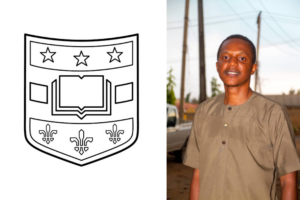
Ibrahim Saliu, a postdoctoral researcher in the Department of Neuroscience, has received a $200,000 grant from the Alzheimer’s Association to study the role of astrocytes in neurodegenerative diseases such as Alzheimer’s and Parkinson’s.